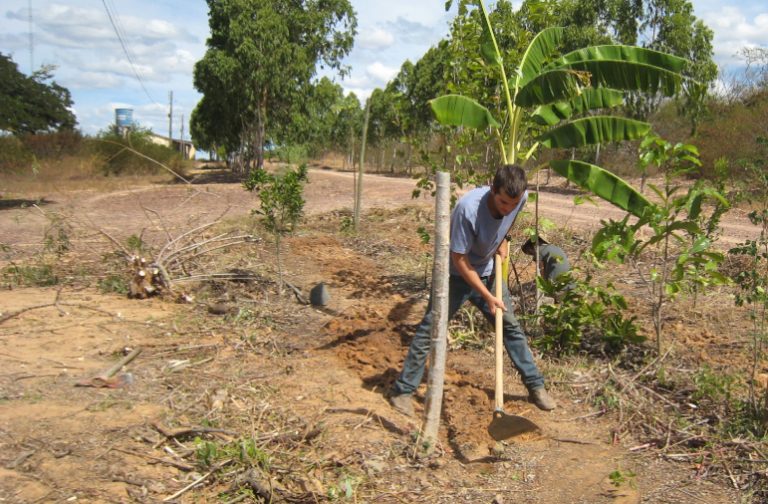Look Out For These Eight Big Ag Greenwashing Terms At COP30
Food and agriculture will be under the spotlight at the upcoming round of global climate negotiations in northern Brazil.
Representatives from nearly every nation will gather from 6-21 November in Belém, a regional capital and gateway to the Amazon, with most countries far off target to deliver deep cuts to carbon emissions — the only way to halt the worst impacts of catastrophic climate change.
Some food and climate groups hope this thirtieth annual Conference of the Parties (called COP30) summit can be a game changer for reforming food systems, which emit around a third of all a third of all greenhouse gases.
After all, Brazil — which holds the presidency of COP30 — has a reputation for skilled diplomacy, and has made agriculture objective number three on the conference agenda.











